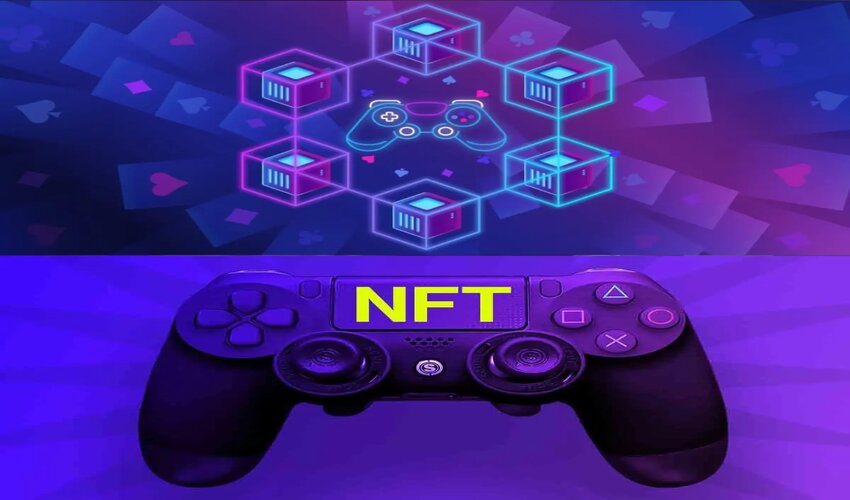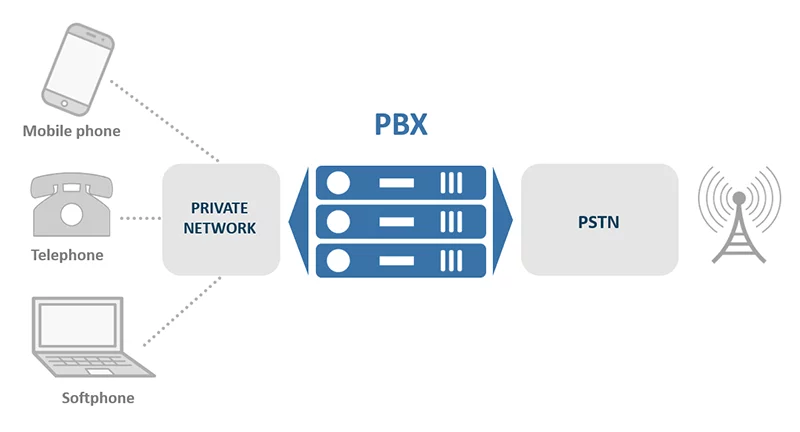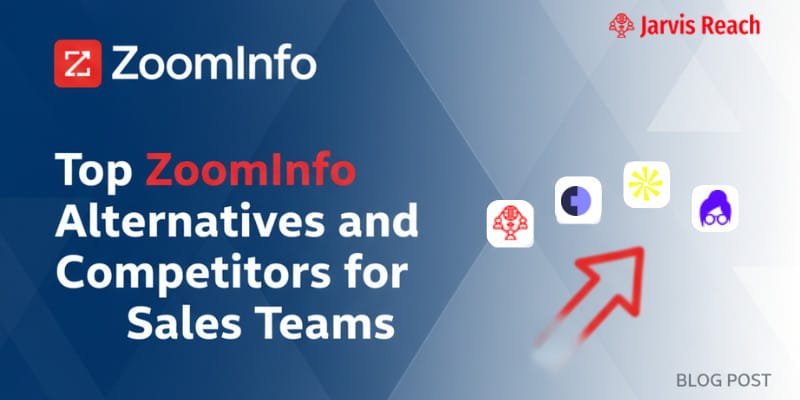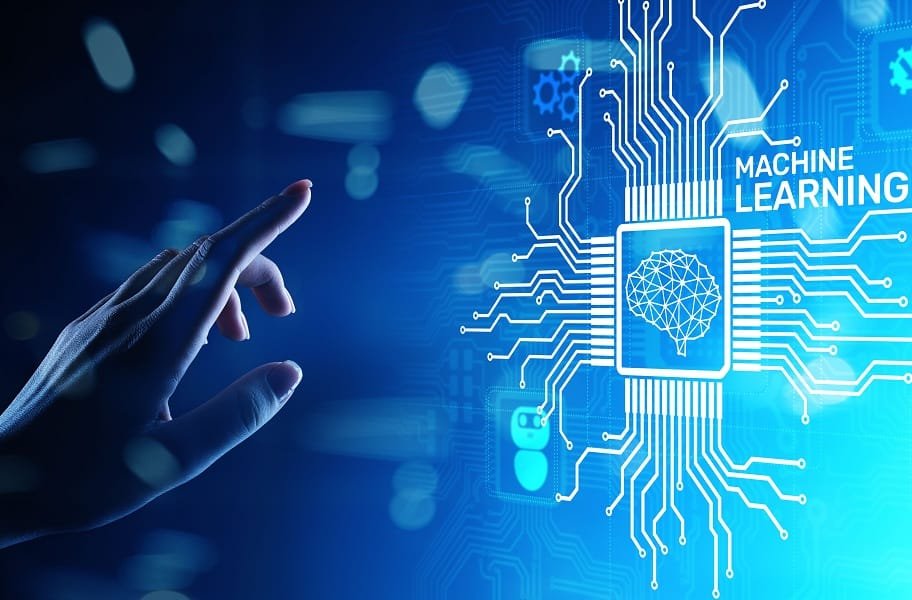Non-fungible tokens (NFTs) can reform the gaming industry by opening the maximum capacity of blockchain technology. Non-fungible tokens are blockchain-based tokens, each being particular, permitting them to be connected to resources addressing ownership, like a collectible or in-game resource. As a result, more opportunities for players to monetize their virtual assets, new business models, and true ownership and scarcity in the virtual world are created. NFT games are the key factors to transform the Metaverse to the next advanced level. Additionally, the gaming industry can profit from the decentralized, transparent, and secure nature of blockchain technology with NFTs, resulting in a more satisfying and immersive experience in the Metaverse gaming world.
Metaverse in blockchain technology
Virtual environments known as Metaverse offer numerous social and commercial benefits. Their blockchain design empowers them to partake in the cryptographic money marketplace, permitting virtual things to be exchanged for genuinely monetary worth past the Metaverse. Blockchain is a public ledger that can be viewed simultaneously by multiple parties. The fact that the collected data is difficult to alter without the consent of all parties involved is one of its main benefits. A block with a distinctive, individual hash is created for each new record. By connecting the blocks into a record chain, a blockchain is created. Blockchain technology is utilized in the Bitcoin cryptocurrency.
NFTs in Metaverse games
The use of NFTs in blockchain gaming gives virtual assets a new level of realism and individuality. With NFTs, each advanced resource can be confirmed as special, meaning it can’t be copied or changed, offering added benefit and security for players. Additionally, this makes it possible for players to truly own their virtual assets and trade or sell them in the same manner as they would with actual collectibles. Additionally, new gaming industry business models may be facilitated by NFTs. In a game, for instance, NFTs can be used to represent virtual real estate, allowing players to own and manage their own virtual plots of land. Players and game developers alike may benefit from this by opening up new revenue streams.
Involving NFTs in Metaverse gaming likewise expands transparency and security in exchanges because of using blockchain technology. Since NFTs are put away on a blockchain, their ownership can be handily followed and checked. This diminishes the gamble of extortion, guaranteeing that exchanges are secure and sealed. NFTs’ ability to create a more dynamic and ever-evolving virtual world is another gaming advantage. NFTs, for example, can represent unique in-game items or collectibles whose value can fluctuate based on supply and demand. This adds an element of unpredictability to the gaming experience by bringing a new level of excitement and unpredictability to players.
Features of NFT games in Metaverse
1. Social environment: The Metaverse gives players access to a social setting where they can interact with one another and form relationships with the elements around them. Multiplayer gaming permits them to welcome companions from the actual world and foster associations with them.
2. Play-to-earn: It is one of the most significant parts of the Metaverse that P2E gaming platform should take other than setting up a storyline and setting rules, as it assists with keeping the players participating in benefit-making exercises while partaking in the game, they are also able to trade the crypto assets they have won while playing the game because of this features.
3. Flexibility: The best thing about metaverse NFT game development is that it makes it easier for gamers to have an immersive, flexible gaming experience in the metaverse. It makes it conceivable to add more players and allow them to make sub-games and related content and utilize the metaverse biological system for performing fun exercises.
4. Mixed reality: The Metaverse development services can make use of the advantages of MR (mixed reality) and AR (augmented reality) to provide a natural gaming experience within the virtual world.
5. Interoperable design: The element of interoperability of the Metaverse permits gamers to port their crypto resources for one more climate without losing possession, effortlessly.
Benefits of NFT games
1. Individuality and safety
Assets can’t be repeated since they are non-fungible, nor might they at any point be had falsely or lost when a game closes since they are movable and might be saved in wallets.
2. Change of Control
Any time, a player can sell his gaming collectibles and get a fair price. Through ownership transfer, the buyer becomes the current owner, and it is updated on the blockchain.
3. Ownership
All gaming NFTs are kept in their code with blockchain technology. Users can learn who created an NFT and its history by decoding it. This record is held in the blockchain codebase when an NFT is moved to another ownership. So, copying the token is not allowed.
4. Possibility of investment
NFT presents a significant investment opportunity for in-game collectibles due to its novelty in gaming. As a result, the owner receives a substantial Return on Investment (ROI), particularly for scarce items that other people want to need.
5. Innovativeness and branding
NFTs can use NFTs to boost brand recognition because they can be displayed in numerous NFT marketplaces. By incorporating novel creative features into designs, NFT can also make use of them to pique new interests and encourage adoption.
The future of NFT games in Metaverse
In the structure of large guesses around the NFT games, the edge for new players to enter NFT titles might be brought down. In the event that significant distributors begin bringing NFTs into their tasks, tokens will actually want to meander starting with one game and then onto the next and for the most part, change the view of customization. NFT makes it simple to move skins and other accessories between games, and the inclusion of NFT in major games will help regular gamers monetize their achievements or time spent playing. Increased product placement in Metaverse and the transformation of NFT businesses into luxury brands. NFT games may become one of the inevitable sources of income in the future.
Conclusion
The Metaverse and NFT gaming industry is growing at the moment and will continue to do so until they are seen as an essential part of everyday life. Specialists say the gaming industry is prepared for enormous changes. Blockchain could see its first truly widespread application in games. Gaming could be completely restructured and made more compelling than ever with the help of NFT games and Metaverse.
Author Bio
I’m James, a blogger by profession who is more into blockchain, crypto, and NFTS. I’m more like to be a crypto-fabulist. From an absurd corner, the digitized market is now growing vast and wider, and I wish to dissect the complexities in the technological evolution of the NFT marketplace for a better understanding of the world.















Leave a Reply